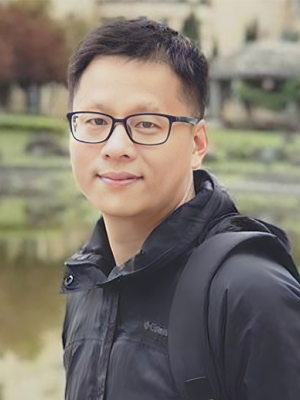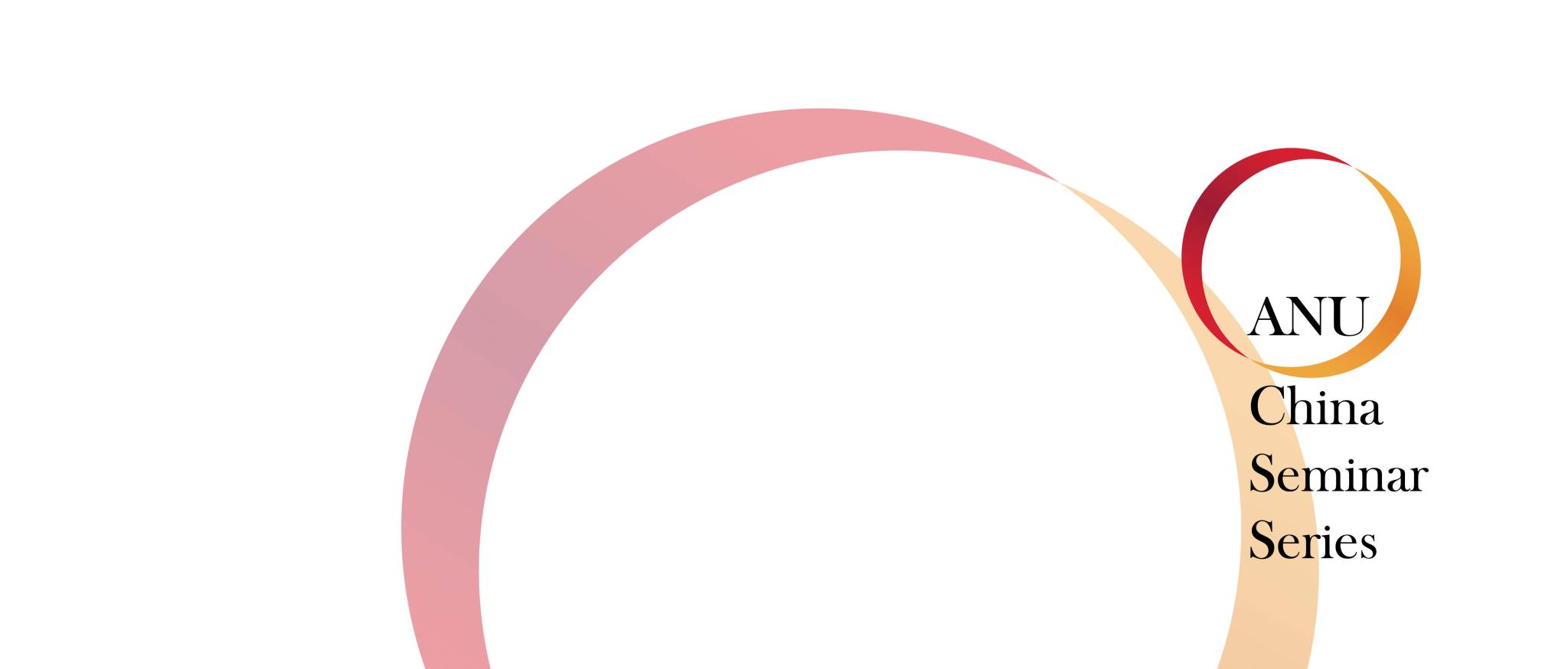The art of collecting, reproducing, and reinterpreting the past has been an enduring force shaping cultural identity and political legitimacy in China. But who have been the key players in these ongoing processes of reconfigured pasts? What methods have they employed? And how have these practices shaped society at large? This talk, as part of my forthcoming book China's Heritage through History, tackles these questions through the example of the Orchid Pavilion gathering in Shaoxing and its calligraphy art as one of the most renowned works in Chinese history. From Imperial to contemporary China, the talk explores the role of cultural reproductions of material past in shaping knowledge transmission and social transformation. These reproductions include the imitation of calligraphy, the construction and restoration of the physical site where the gathering first occurred, and the continuation of the cultural practice of literary gatherings. Together, these reproductions revive the ambience of the ancient literary and cultural world, preserving its physical presence and cultural imagination through historical re-enactment and cultural consumption. While once reserved for elites, these practices have become accessible to the broader public through modern approaches to digitisation, calligraphy festivals, public exhibitions, and the burgeoning heritage tourism industry.
The ANU China Seminar Series is supported by the Australian Centre on China in the World at ANU College of Asia and the Pacific.
Event Speakers

Yujie Zhu
Yujie Zhu is an Associate Professor at the Centre for Heritage and Museum Studies at the ANU. He obtained his Ph.D. in anthropology from Heidelberg University. Yujie's research focuses on the cultural politics of the past within diverse heritage and memory spaces in China. His recent books include Heritage Tourism (2021) and Heritage Politics in China (2020).
